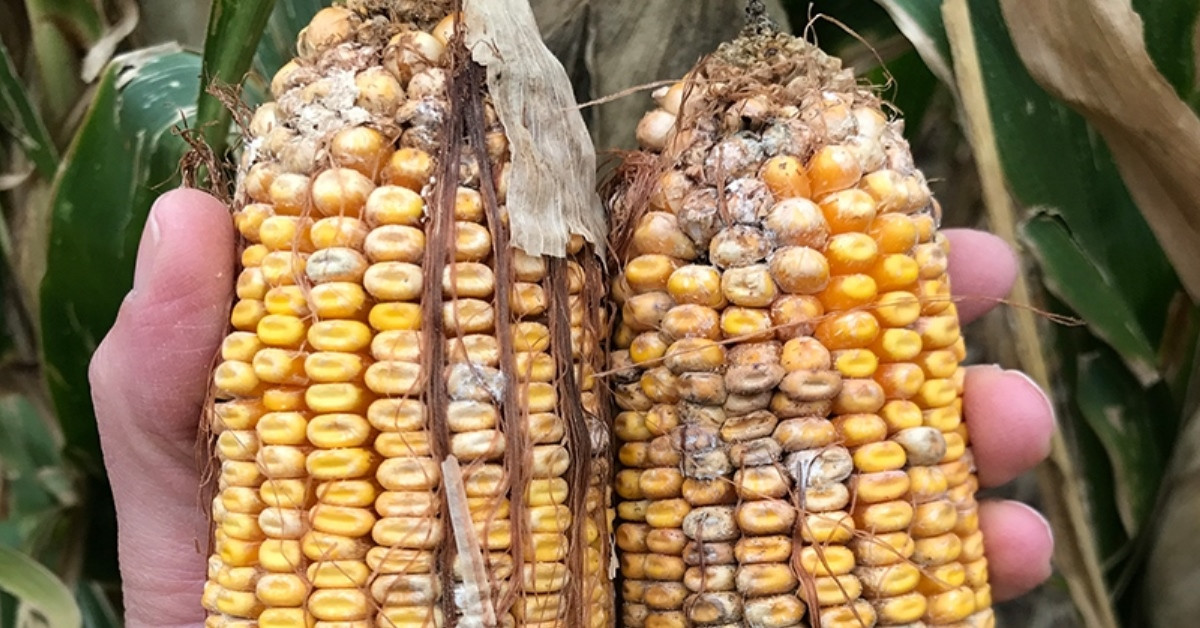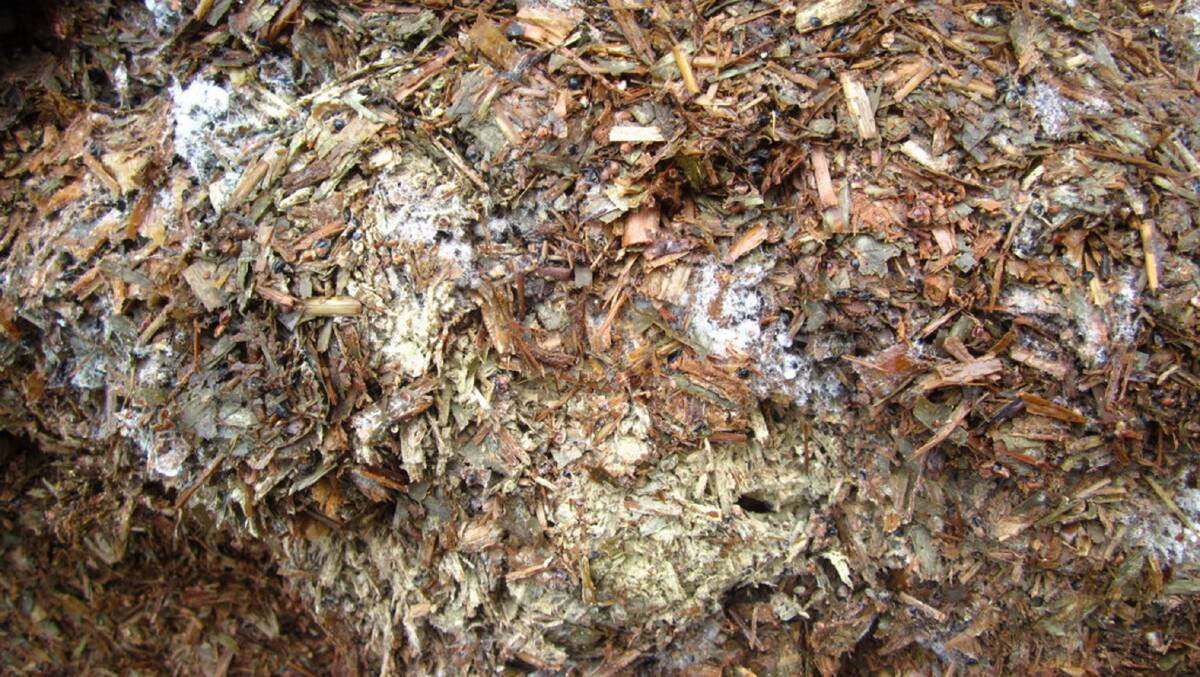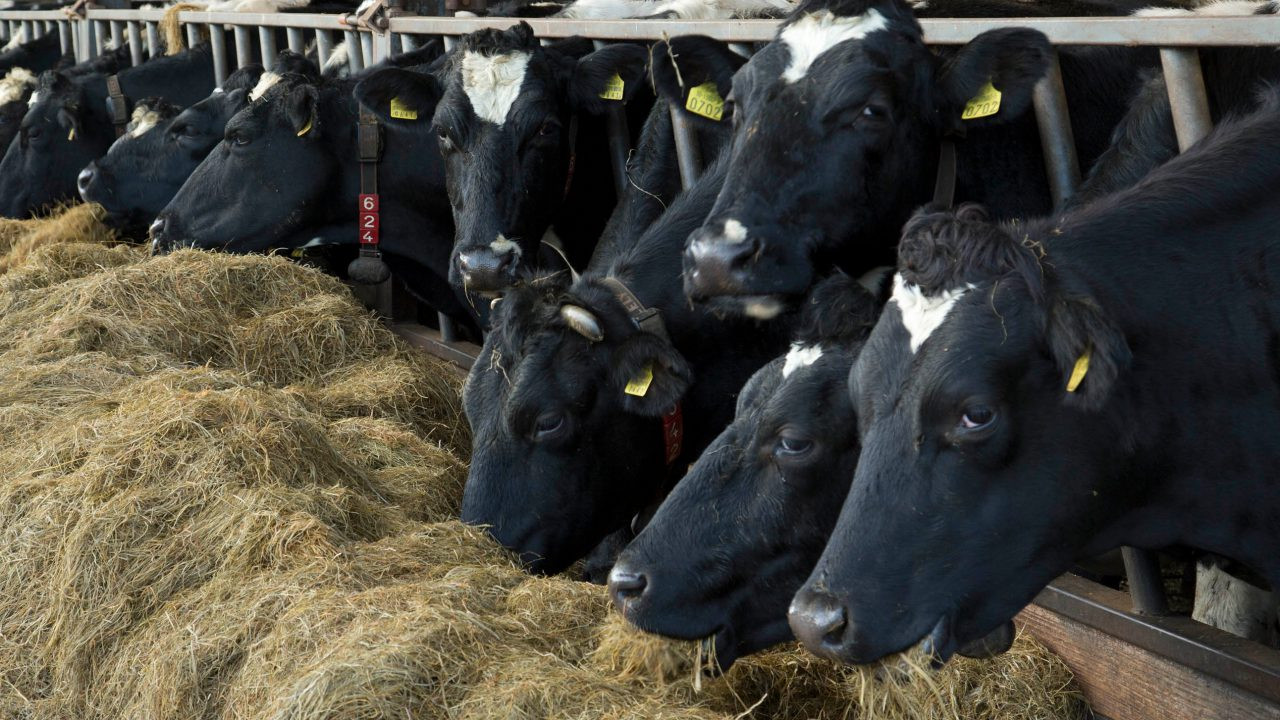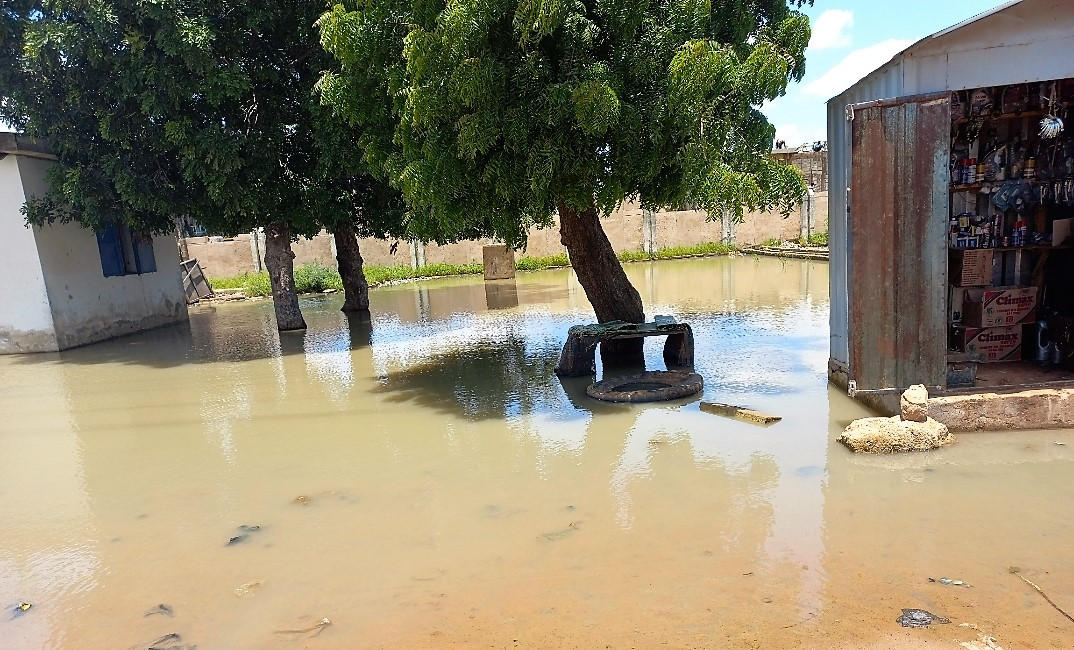In recent years, there has been a growing number of reports highlighting the presence of mycotoxins in grass silage across Northern Ireland (NI), particularly impacting the dairy sector.
AgriSearch has announced the launch of a pilot project to investigate the occurrence of mycotoxins in grass silage. This initiative comes in response to the increasing concerns surrounding the presence of these harmful substances in animal feed, which can have significant consequences for livestock health and productivity.
Mycotoxin Concerns in NI's Dairy Industry
According to AgriSearch, a farmer-funded research organization based in NI, many farmers have begun to routinely incorporate mycotoxin binders into their total mixed ration (TMR). This practice highlights the growing awareness of the potential risks associated with mycotoxins and the need for proactive measures to mitigate their impact.
Uncertain Origins of Mycotoxins
While there is significant speculation regarding the sources of these mycotoxins, potential contributors include residues from slurry spreading, soil contamination, other moist feeds, and the challenging weather conditions of recent years. However, AgriSearch emphasizes that there is limited independent evidence to confirm the true extent and origins of mycotoxins in NI. This lack of definitive data underscores the need for comprehensive research to shed light on this pressing issue.
Unveiling the Truth Through Research
To address this knowledge gap, AgriSearch has carefully selected 15 farmers from its Beacon and GrassCheck networks to participate in the pilot project. These farmers are providing invaluable data on slurry and fertiliser applications, cutting dates, silage management practices, and weather conditions during cutting and harvesting. This detailed information will serve as a crucial foundation for understanding the potential factors influencing mycotoxin contamination.
State-of-the-Art Laboratory Testing
Throughout the winter months, AgriSearch staff will collect silage samples from these farms. These samples will undergo rigorous analysis for both mycotoxins and antibiotics at the state-of-the-art laboratory located at Queen’s University’s Institute for Global Food Security. Multiple samples will be collected from each farm, allowing researchers to identify the presence of mycotoxins, pinpoint the stage in the process where they occur, and determine the specific types detected. This comprehensive approach will provide a detailed picture of the mycotoxin contamination landscape in NI.
Addressing the Mycotoxin Challenge
The primary goal of the project is to assess the true extent of mycotoxin contamination and its potential causes. The findings from this pilot study will be instrumental in guiding the development of a larger-scale research initiative focused on exploring interventions to reduce mycotoxin levels in silage. This long-term vision aims to equip farmers with the knowledge and tools necessary to mitigate the risks associated with mycotoxins, ensuring the health and well-being of their livestock and the sustainability of their operations.
Farmer-Led Research: A Collaborative Approach
AgriSearch, established in 1997, is an independent charity dedicated to facilitating farmer-led, production-oriented research for the beef, dairy, and sheep sectors in Northern Ireland. The organization’s commitment to collaborative research ensures that the findings directly address the needs and priorities of farmers, contributing to the advancement of sustainable agricultural practices.
Looking Ahead: A Path to Safer Silage
The pilot project launched by AgriSearch represents a significant step toward a deeper understanding of mycotoxin contamination in NI silage. The insights gained from this research will be vital in informing strategies to minimize the risks associated with these harmful substances, ultimately contributing to a safer and more sustainable future for the agricultural sector in Northern Ireland.
Beyond the Headlines
This research initiative underscores the importance of collaboration between farmers, research institutions, and government agencies in tackling complex agricultural challenges. The findings of the project are anticipated to have a far-reaching impact, shaping best practices for silage management and contributing to the overall health and productivity of NI’s livestock industry.



















